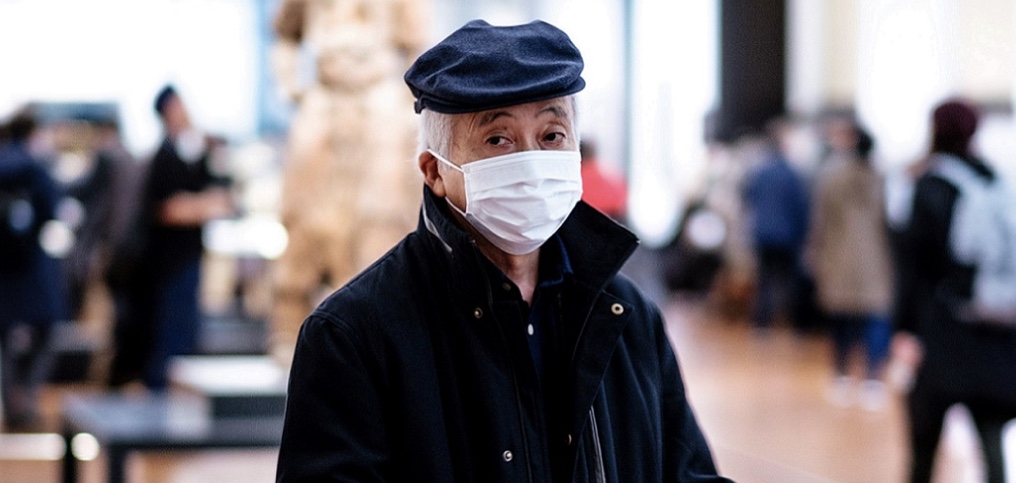Does Global Trade need a mask?
It seems that news and media these days can only handle one crisis at a time, while the people of the world have several crises that are going on in parallel depending on where you live or where you are.
Currently, the world is trying to deal with the Coronavirus or COVID-19 as we have learned to call it. We know it is a virus, so far it has hit China hard and we have seen fewer outbreaks in some other countries.

With global economic growth already in a deceleration phase, the virus is another risk that indicates risks for a global recession this year.
This is of course, not the first time we have seen these types of events. In 2002-2003, the virus was called SARS. However, there are some changes concerning that time when we look at the potential effects of COVID-19 on world trade. Although the virus outbreak is found to be comparable to SARS, its global economic impact is likely to be bigger than in 2002-2003 mainly since China today play a much larger role in the global economy. Also, economies are much more interconnected today than almost twenty years ago.
At present, there is no expectation of any permanent damage the economies from this virus since previously countries have been able to compensate for temporary losses after the dust had settled. A further spread of the virus globally could increase the risks for more permanent damage. The following weeks and months will tell us. China’s economic growth is expected to slow down to 4.5% in the first quarter of 2020, in which case the slowest pace since the financial crisis.
For some countries, the virus can have more serious effects on trade depending on the trade patterns. Specific sectors such as marine equipment, machinery and chemicals are normally produced in parts of China where the virus has been more spread and if countries main industries are trading with these sectors the effects will appear faster. Many companies are already dealing with lost revenue and disrupted supply chains due to China’s factory closures, tens of millions of people are left in lockdown.
Much of the immediate economic impact of a virus outbreak like this one can be traced to efforts to contain it, rather than from the effects of the disease itself. When we try to quarantine those who can spread the disease, we close a lot of economic activity. Travelling is today closely linked with global trade development.
Recently, financial markets seemed to think that COVID-19 would be contained but new cases in Italy, South Korea and Iran over the last weekend undermined that analysis. The World Health Organization (WHO) issued somewhat positive reports at the beginning of the week saying that the disease was not yet a pandemic, because it did not spread in an uncontrolled way.
Now it is up to world leaders to lead. Sadly, as one commentator said, “the things we need most to get us through this — wise leadership, global cooperation and clear thinking — are harder to find than a surgical mask”.
We in KGH are as always doing everything we can to support our clients, partners in international value chains and the global supply chain. Like many companies working in the global trade environment, we have informed all our staff on how to handle the situation and risks in a smart and responsible way, based on expert advice. We continue to monitor the situation and we have contingency pals for different scenarios. That is the only thing to do. We hope for the best and prepare for the worst.
On a good note in a day like this we celebrate the third anniversary of the WTO:s Trade Facilitation Agreement meeting 91% of the membership ratifying the agreement. We also see huge trade-related infrastructure projects in several parts of the world and Brexit having moved into a new phase of trade talks.
It is too early to give up 2020 as a good trade year yet, but there is a risk that it gets worse before it gets better.
You must be logged in to post a comment.